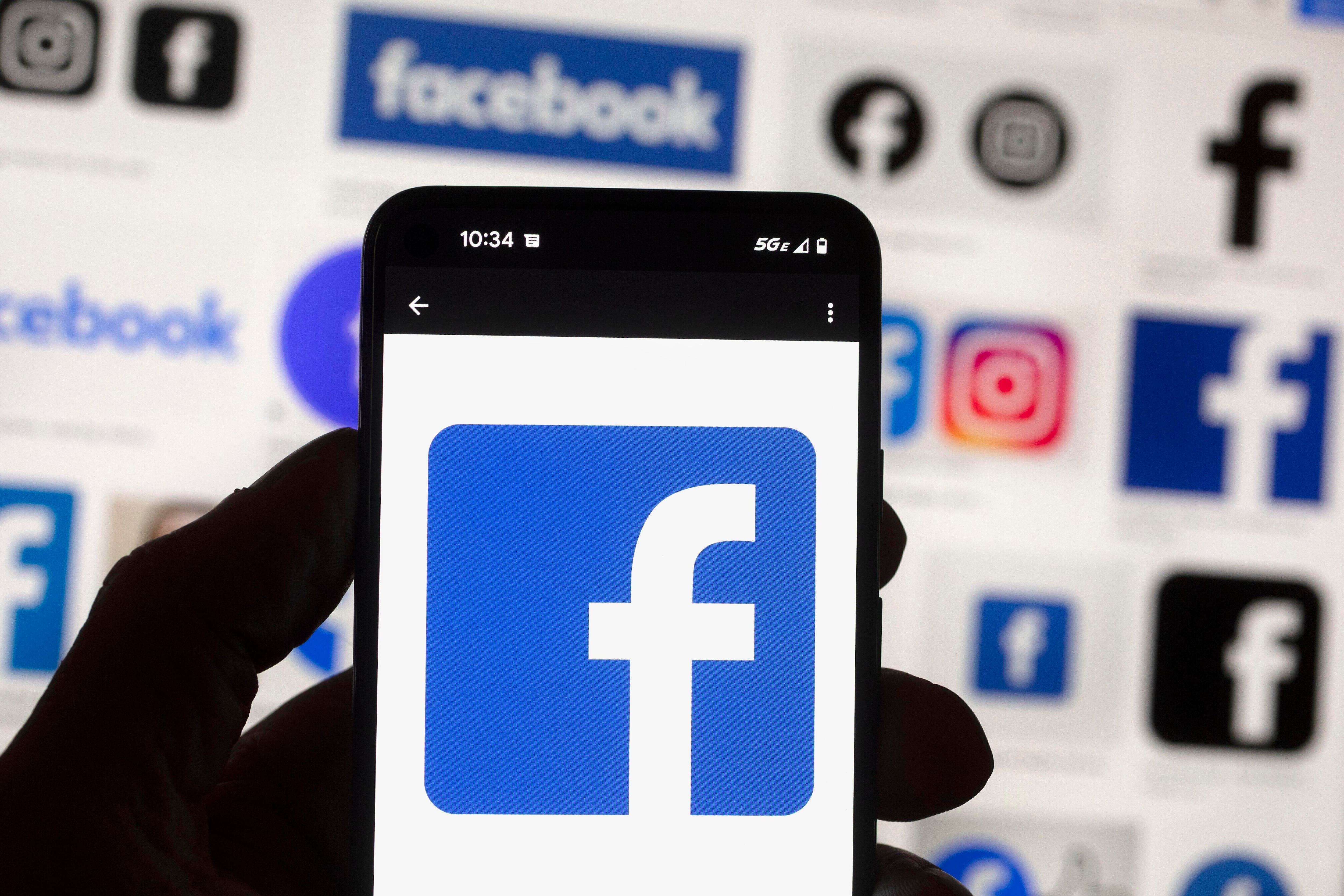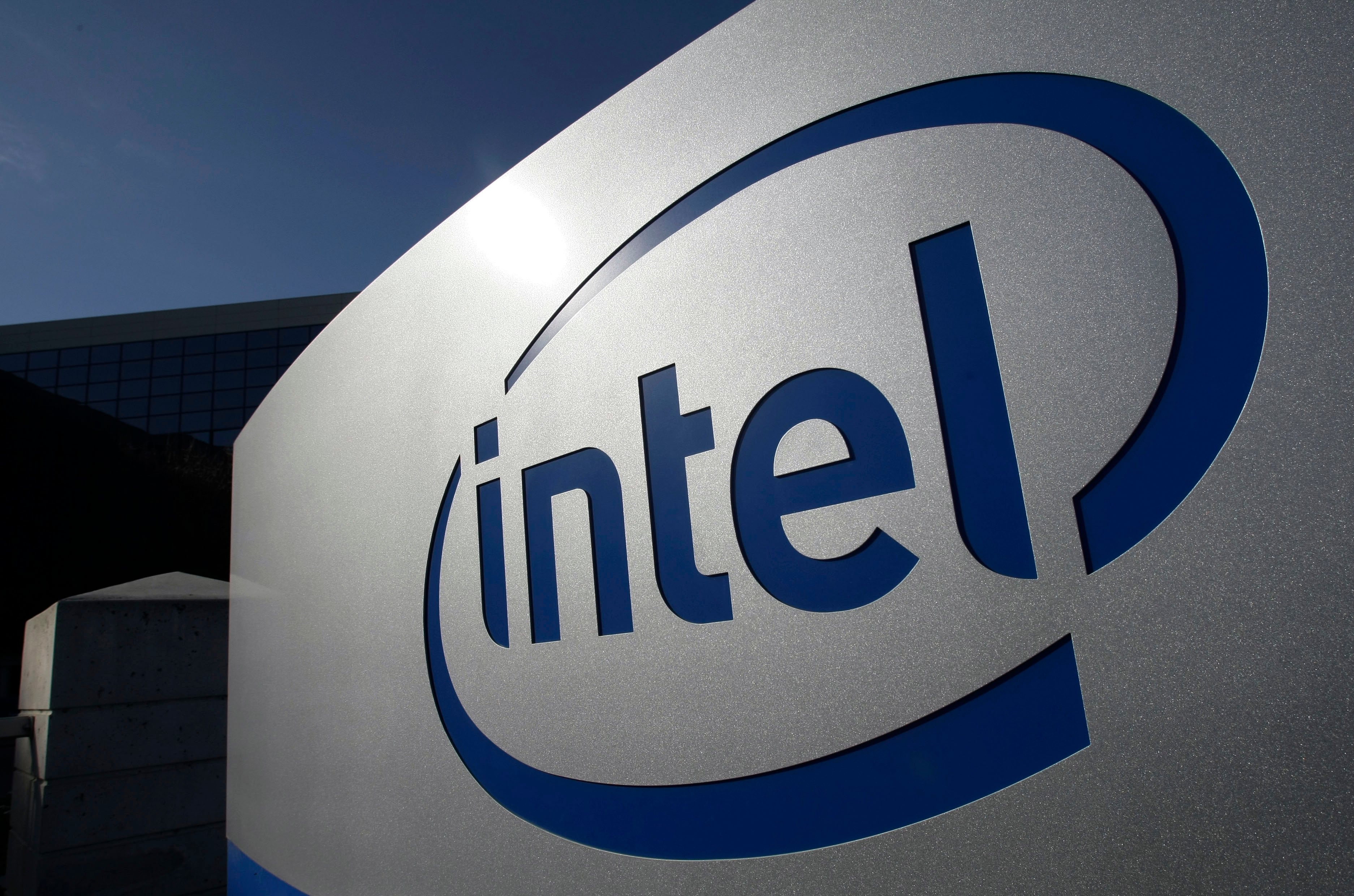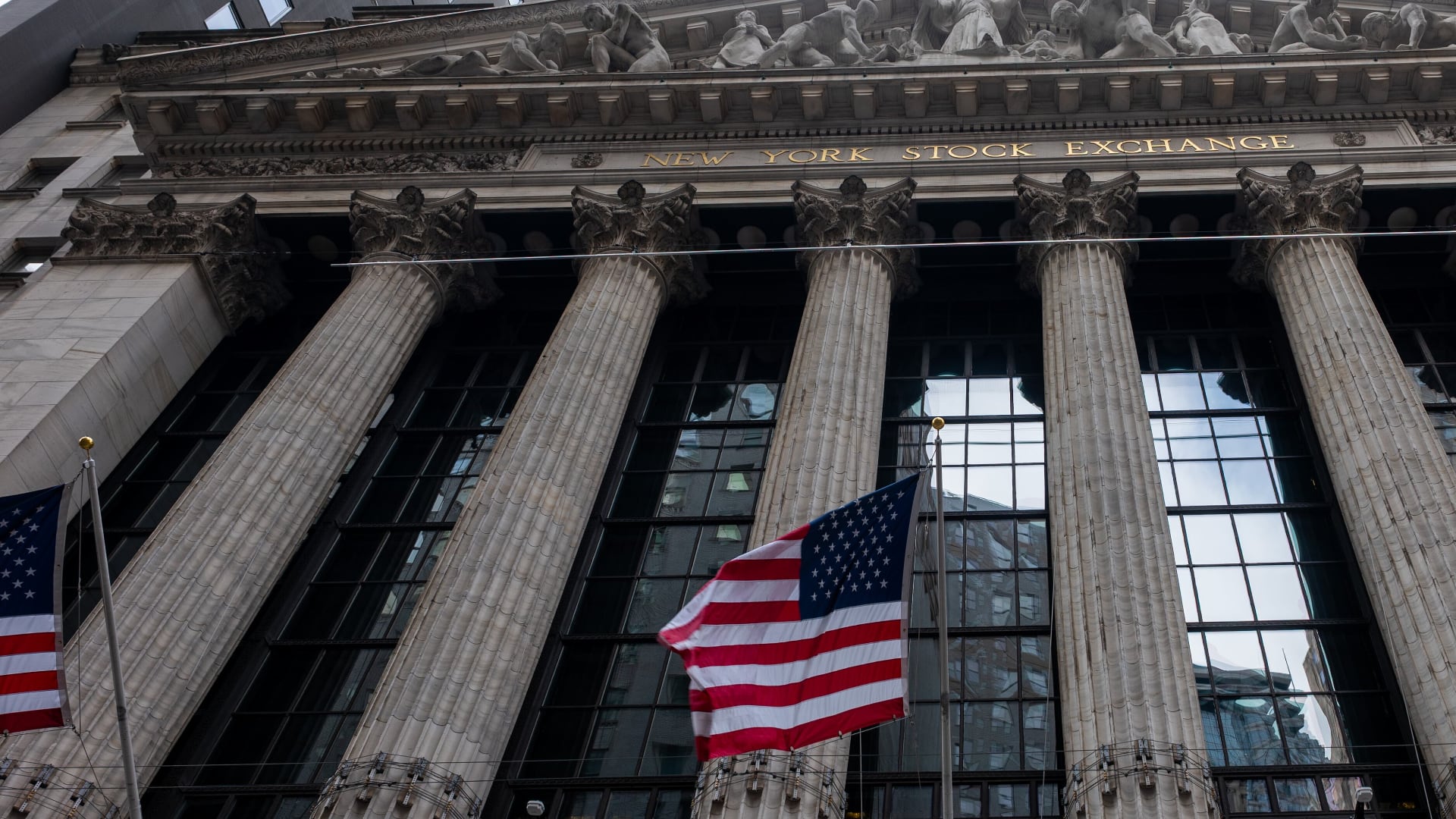*By Chloe Aiello* The addition of Netflix to the exclusive Motion Picture Association of America on Tuesday is likely to prompt a shift in policy, both for the movie industry and for the streaming giant. "Netflix ($NFLX) is going to shape the MPAA's agenda as much as the reverse," Eriq Gardner, a senior editor at The Hollywood Reporter, told Cheddar. [In a statement welcoming Netflix](https://www.mpaa.org/press/mpaa-welcomes-netflix-as-new-member/), MPAA Chairman and CEO Charles Rivkin said all the association members "are committed to pushing the film and television industry forward, in both how we tell stories and how we reach audiences." "Adding Netflix will allow us to even more effectively advocate for the global community of creative storytellers, and I look forward to seeing what we can all achieve together," he continued. Gardner, who has been following the story, said the MPAA's lobbying efforts have traditionally been focused on tax incentives and anti-piracy efforts, which Netflix, too, has embraced. He anticipates that Netflix's membership will place renewed emphasis on international reach, because it is important for both technology and for media. One market Netflix has failed to crack is China. "I think it really wants to leverage MPAA's global reach ー getting into China, getting access to different markets ー that's what is really in it for Netflix," Gardner said. The MPAA's announcement comes on the heels of a record 15 Academy Award nominations for Netflix, and just after Netflix left the Internet Association, a trade group representing the interests of tech companies. It's the first time an internet company has joined the MPAA, which currently only has six other traditional media members, and gives a signal to the creative community that Netflix "is on its side" and willing to support its goals and ambitions, Gardner said. The move is also emblematic of a broader shift in the entertainment industry. "Drive around Los Angeles and you see all the major tech platforms are the companies that are leasing office space. That's because they want to make their own content or they want to have joint ventures with some of the major studios and Netflix is probably the best example," said Ted Johnson, a senior editor with Variety. He added that it will be interesting to see how the new, mixed group susses out its priorities, because "you already have in the membership of the MPAA media conglomerates with different priorities." "Net neutrality is a really good example, that has been a major issue for the last couple years and the MPAA has sat on the sidelines. They haven't really chimed in on that issue and from what I hear that's because the studios themselves can't find consensus," Johnson said. For full interview [click here](https://cheddar.com/videos/netflix-becomes-first-non-hollywood-studio-to-join-mpaa).












